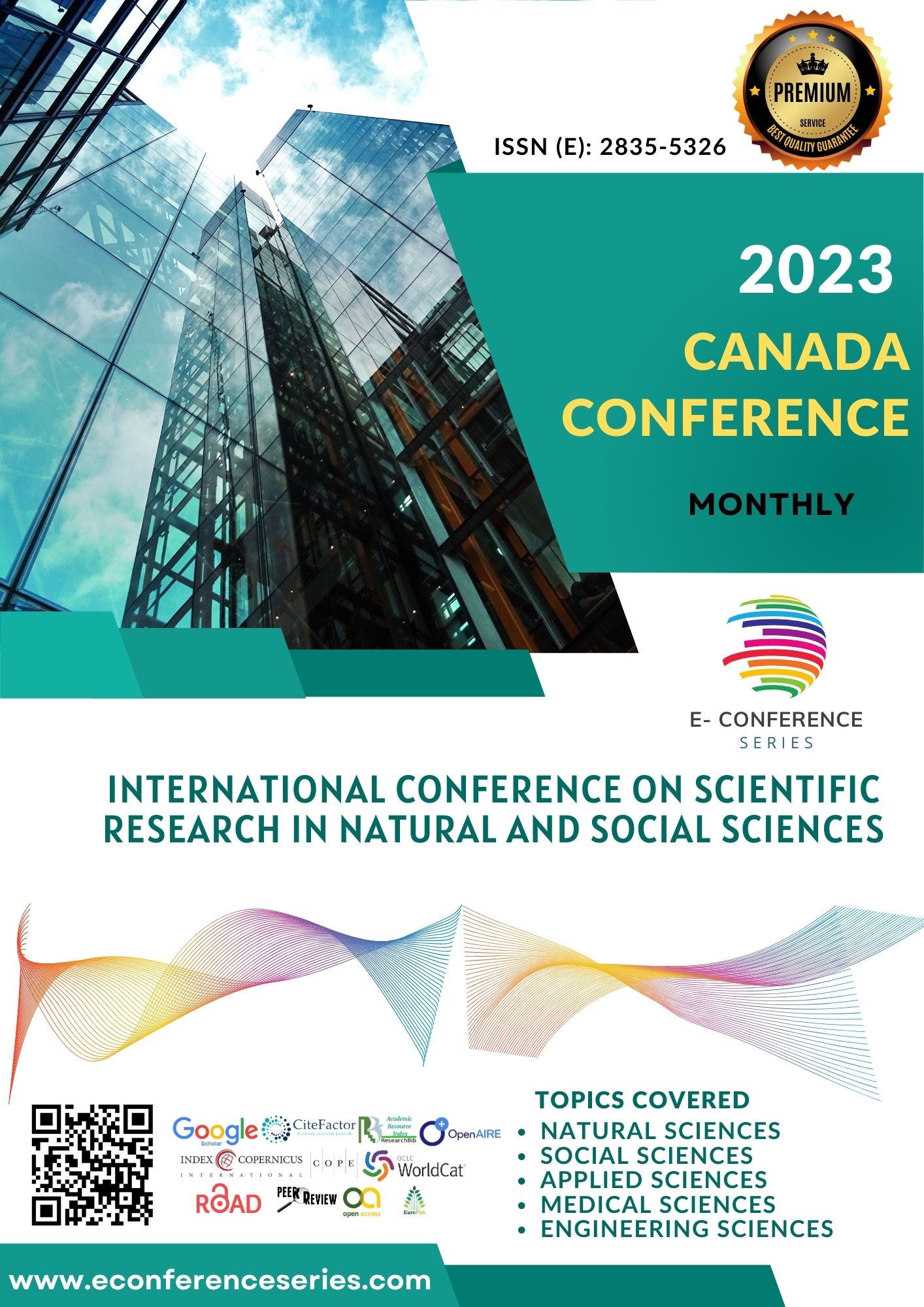HOW TO MOTIVATE ADULT LEARNERS TO LANGUAGE LEARNING?
Keywords:
language acquisition, competence, intrinsic, extrinsic, manageable goal, authenticityAbstract
The demand for learning a foreign language continues to rise in our rapidly developing world. One of the most important requirements for both educational and employment prospects is proficiency in foreign languages. Therefore, this article provides some advice on how to encourage young learners to begin learning new languages.
References
Abdullayeva, G. G. (2021). Personality characteristics of good language learners in terms of training professional interpreters. Web of Scientist: International Scientific Research Journal, 2(10), 108-118.
Abdullayeva, G. (2021). Grammatical disproportion between Uzbek and English as a main problem in simultaneous interpretation of the languages. ЦЕНТР НАУЧНЫХ ПУБЛИКАЦИЙ (buxdu. uz), 6(6).
Arnold, Jane. Self-Concept and the Affective Domain in Language Learning. In Rubio, F. (Ed.) Self-Esteem and Foreign Language Learning. Newcastle: CSP, 2007 pp.13-30
Gaybulloyevna, A. G. (2022). MEMORY AS AN IMPORTANT FACTOR IN LEARNING VOCABULARY. Open Access Repository, 8(1), 81-86.
Council of Europe, 2001. Common European Framework of Reference for Languages - Learn, Teach, Evaluate (CEFR).
Simon Sinek , “Start with Why: How Great Leaders Inspire Everyone to Take Action” , 2009.
https://www.theteflacademy.com/blog/how-to-motivate-adult-learners-to-learn-english/
https://www.teflcourse.net/blog/how-to-motivate-students-to-learn-english-ittt-tefl-blog/
Downloads
Published
Issue
Section
License

This work is licensed under a Creative Commons Attribution-NonCommercial 4.0 International License.








